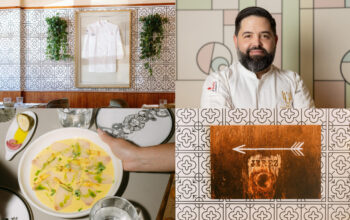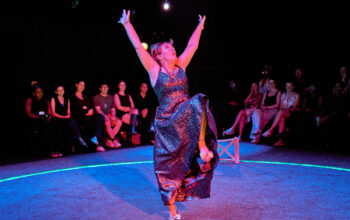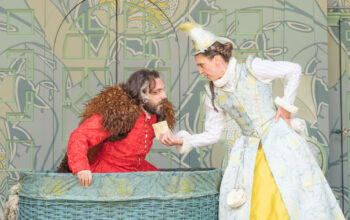The struggle of the female Nobel laureates and their slow rise

It has been more than a century since the introduction of Nobel Prizes as per the will of Alfred Nobel. The prestigious award has produced nearly 900 laureates out of which the mere 44 recipients have been women, while men have been awarded 807 times.
It takes no genius to deduce that the stats support men as the greater achievers when compared with the other sex. The deduction however is hardly a fact but a platform to raise a question concerning the female’s lack of recognition in the grandest prize ceremony.
The first ever woman to win a Nobel Prize was the well-known Marie Curie who was awarded the prestigious honour in Physics, in recognition of her role in researching the radiation phenomena. The award, however, was shared with her husband and their colleague. It was not until 1911 that she would once again win the Nobel Prize – this time for Chemistry – all to herself, thus being the only female to be established as a multiple winner.
This impressive feat especially in an era of male dominance would surely be seen as a promising change among the female population creating opportunities in the various fields at the highest position imaginable. This utopia would further be strengthened by the fact that Marie Curie wasn’t the only female to hold the prestige. The Literature and Peace categories recognised their own leading ladies with the former being awarded to 5 women by 1950. Despite such hopes, the reality was vastly different.
It was not until the 60s that women’s frustration became much more vocal, citing change in the traditional society. Women slowly struggled to break away from the men’s supremacy in society, but the progress was hardly strong enough to elevate women’s status to a pedestal. 1970s saw United Kingdom acknowledge women’s equality by law, but the conservative mind was not eradicated with the implementation. Women were finally able to fight for places in universities pursuing higher ambition; no longer did they have to settle for being a housewife looking after their children. They were able to interact with society, assisting in its development.
But acknowledgement by the prestigious award was hard to come by. However, the positive statistics drawn from the modern world is that ever since the 70s, at least four women have received the prestigious nobility. The reasonable conclusion being that the male dominance is finally eroding and the conservative psychology is no longer available on a wider scale, allowing women to reach high status.
Traditional mind-set in the past alone is not the explanation for those few female figures reaching such point of prominence but also the stiff competition faced by the nominees. The laureates are not appointed by their gender but their achievements in their respective field. The first decade of the 21st century saw 13 females receive the Nobel accolade, and the trend is likely to continue as the world is beginning to accept that women’s capabilities are second to none.
Rajeeb Gurung

























Facebook
Twitter
Instagram
YouTube
RSS